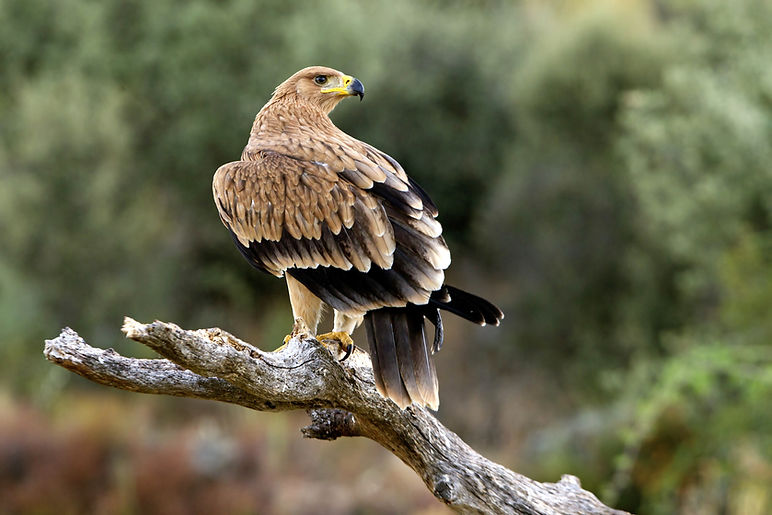CARRIE ELAINE SMITH
Veterinary Experience
Southern Regional Veterinary Specialists: Veterinary Assistant 2020-Current
Dr. Emily Graff DVM: Undergraduate Research Fellow
Abbie Creek Animal Hospital: Shadowing 2023-Current
Four Daughters Veterinary Services: Shadowing 2024
Dr. Laura Huber DVM: Undergraduate Researcher 2021-2022
Auburn Raptor Center: Volunteer 2023-Current
Auburn Foal Care Team: Volunteer 2024-Current

The number one dream career of children ages 9-12 is a veterinarian. However, only seven percent of those children pursue this dream past high school. Experience in the veterinary field is key to showing future veterinarians that their passions are rightly aligned in the right work field.
With a thousand hours of combined clinical and research veterinary experience, I am confident that younger me was right: she didn't want to be a veterinarian, she was going to be one.

Veterinary Assistant
Technical Skills
-
Proper animal handling
-
Medicine Administration
-
General Patient Care
-
Anesthesia Monitoring
-
Patient Intake
-
Hematology testing and blood draws
-
Radiograph placement and development
-
Equipment sterilization
-
Surgical nursing assistance
Southern Regional Veterinary Specialists is a specialized surgical clinic under Dr. Robert Martin, Auburn Graduate, DVM, and board-certified surgeon. As a veterinary assistant, I assist in patient intake to help Dr. Martin diagnose patients, monitor patient health during surgery, assist in preparing patients for surgery, and monitoring their recovery coming off of anesthesia. Dr. Martin explains the technical procedures of the surgical cases, and we look at radiographs and various cases to expand my understanding of his work. Working here as inspired me to become a veterinary surgeon, and I am continually growing my skills and knowledge of the field.

Undergraduate Researcher
Laboratory Techniques:
-
Micropipetting techniques
-
PCR
-
RNA and DNA Extraction
-
Protein isolation
-
Gait analysis
-
Plate Streaking
Current Project:
-
Liver, brain, and adipose tissue DNA Analysis of PEA15 mice to determine its effects on metabolism and clockwork genes
Awards:
-
2024 Undergraduate Research Symposium College of Veterinary Medicine 1st Poster Presentation Award
-
2024-2025 Auburn Undergraduate Research Fellowship
My first research experience was in Dr. Laura Huber's research laboratory. I assisted graduate students in their analysis of the chain of infection and immunity of E.coli in poultry farms and R. equi in young foals. I developed bacterial cultures from collected samples and extracted DNA for analysis by graduate students.
In Dr. Emily Graff's research laboratory, I am studying the effects of the PEA15 gene on CLOCK genes that control circadian rhythm to determine why PEA15 impacts both circadian rhythm and metabolic diseases such as diabetes. In having my own research project in this lab, I have learned how to manage accurate data, maintain a timely schedule to complete my research, and pursue deeper questions about my work.

Raptor Center Rehabilitation Volunteer
Technical Skills:
-
Raptor handling
-
Raptor identification
-
Aviary maintenance
-
Food preparation
-
Medication administration
The Auburn Raptor Center is the main raptor center in Alabama and serves as a teaching facility and a veterinary hospital. In the education department, raptors deemed unreleasable become ambassadors to educate the public about raptors. In the rehabilitation department, stranded and injured raptors are cared for, rehabilitated, and either released into the wild or kept as permanent patients when they cannot survive on their own.
The volunteers take care of the permanent residents of the rehabilitation center, monitoring their health, feeding them balanced diets, and keeping their aviaries sanitary. We also work to rehabilitate intake raptors be rereleased in the future. When veterinary exams are required, the pre-veterinary volunteers are invited to assist and learn about veterinary raptor care. This opportunity has expanded my type of animal experience into a very interesting field.

Foal Care Team Volunteer
Technical Skills:
-
General health monitoring
-
Horse husbandry
-
Horse handling and restraint
-
Foal handling and restraint
-
Assisted feeding and milking
Neonatal foals tend to change conditions dramatically, for better or worse, very quickly and usually very subtly. Careful, close observation and monitoring are essential so that early warning signs of a new problem or a change in a current one can be detected promptly before a larger issue occurs.
The Foal Care Team consisted of students who sat with the neonatal foals throughout the night. We work to monitor for minute health changes, maintain bedding, and assist the veterinary technicians in the care of the mare and foal. This opportunity taught me the importance of extreme focus of detail, and I received great training in working with and handling horses.









